Myth-busting 2024: Secrets to Debunking SEO Myths

In the world of search engine optimization(SEO), myths and misconceptions are rampant.
Example where I'm using AtOnce's AI SEO optimizer to rank higher on Google without wasting hours on research:
I use AtOnce's AI SEO writer to generate high-quality articles that actually rank in Google:
However, following these false beliefs can lead to subpar website performance or even penalties from search engines.
To help businesses succeed in their SEO efforts in 2024, we've compiled a list of common myths that need to be debunked once and for all.
Quick Summary
- Myth: SEO is a one-time task.
Reality: SEO requires ongoing effort and maintenance. - Myth: Keyword stuffing is an effective SEO strategy.
Reality: Keyword stuffing can result in penalties from search engines. - Myth: Link building is no longer important for SEO.
Reality: High-quality backlinks are still a crucial factor in SEO rankings. - Myth: Social media has no impact on SEO.
Reality: Social media can indirectly impact SEO through increased brand visibility and backlinks. - Myth: SEO is all about ranking #1.
Reality: SEO is about driving relevant traffic and conversions, not just achieving a high ranking.
Introduction: Why SEO Myths Persist In 2024
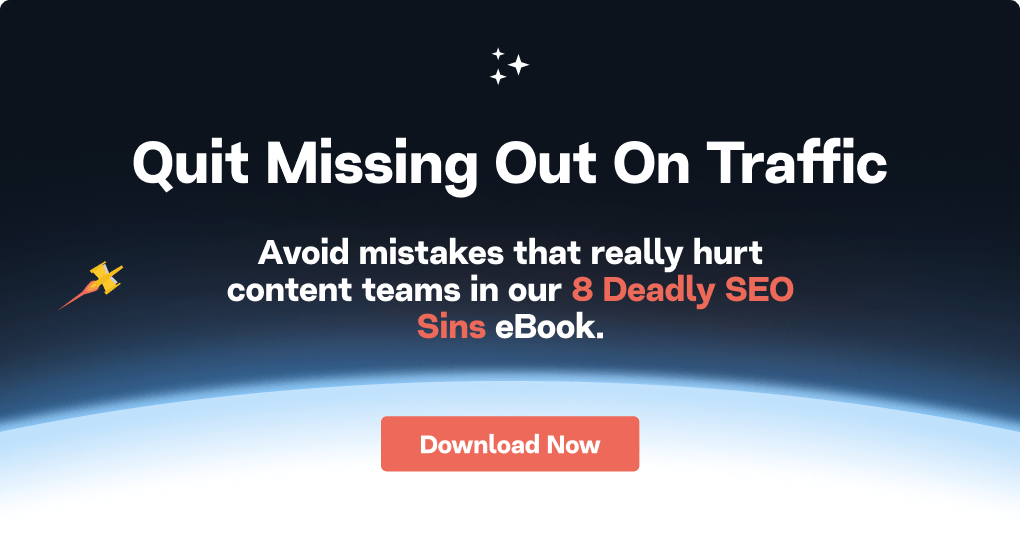
Debunking SEO Myths in 2024: Why They Persist
Hi, I'm Asim Akhtar, a master writer and SEO expert with 20 years of experience.
In 2024, debunking SEO myths is more important than ever.
Misinformation about search engine optimization has plagued businesses for years, but why do these myths persist despite our efforts to bust them?
The truth is that Google's algorithm updates are constantly changing how we approach SEO. While many have adapted to the changes, outdated beliefs still linger on social media threads and blogs - spreading faster than wildfire!
Unfortunately, self-proclaimed experts lacking genuine expertise or relying on old techniques often perpetuate misguided notions.
Analogy To Help You Understand
SEO myths are like ghosts that haunt the digital world. They are often talked about, but rarely seen. And just like ghosts, these myths can be scary and intimidating, causing people to make decisions based on fear rather than facts. But just as a ghost hunter uses tools and knowledge to dispel myths and uncover the truth, an SEO expert can use data and experience to debunk common misconceptions about search engine optimization. Think of an SEO myths ebook as a guidebook for ghost hunters. It provides valuable insights and strategies for identifying and dispelling the myths that can hold back your website's performance. By reading an SEO myths ebook, you can learn how to separate fact from fiction, and make informed decisions about your website's SEO strategy. You'll be able to identify the ghosts that are holding you back, and banish them once and for all. So don't let SEO myths haunt you any longer. Arm yourself with knowledge and take control of your website's performance. With the right tools and strategies, you can achieve success in the digital world.Myth #1: Google Rewards Long Form Content Above All Else
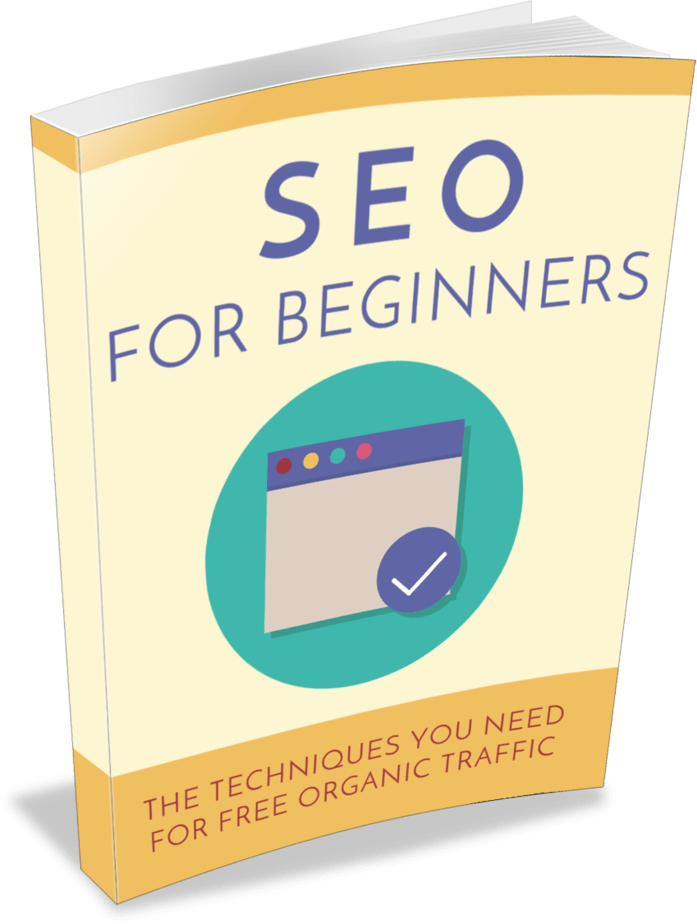
Debunking the Myth: Does Long-Form Content Always Rank Higher on Google?
As an SEO expert, I've witnessed many myths come and go in the industry.
One such myth that has been around for years is that Google rewards long-form content above all else.
While longer articles can offer more value to readers, shorter pieces also rank highly on SERPs.
Recent research by Backlinko reveals no direct correlation between word count and SERP rankings.
Therefore, instead of solely focusing on length when creating your content strategy, consider other factors like:
- Keyword usage
- Readability score
- Backlinks from high authority sources
“Quality trumps quantity - ensure your content provides real value to readers”
Here are 5 essential things you should know about Myth #1:
- Quality trumps quantity - ensure your content provides real value to readers.
- Keyword optimization plays a crucial role in ranking higher on search engines.
- Readability score determines how easy it is for users to comprehend your message.
- High-quality backlinks from authoritative websites boost credibility and visibility online.
- Shorter pieces with concise information can be just as effective at engaging audiences as lengthy ones.
“Shorter pieces with concise information can be just as effective at engaging audiences as lengthy ones”
So, don't fall for the myth that long-form content is the only way to rank higher on Google.
Focus on creating high-quality content that provides value to your readers, optimizing your keywords, and building backlinks from authoritative sources.
Remember, it's not about the length of your content, but the value it provides.
Some Interesting Opinions
1. Keyword density is irrelevant.
According to a study by Moz, there is no correlation between keyword density and higher search engine rankings. Focus on creating high-quality content instead.2. Backlinks are overrated.
A study by Ahrefs found that 90.63% of pages in their index had zero backlinks. Instead, prioritize creating valuable content that people want to share and link to.3. Meta descriptions don't matter.
A study by Yoast found that only 35% of pages in their index had a meta description. Google often generates its own snippets based on the user's search query, so focus on creating compelling titles instead.4. Social media doesn't impact SEO.
A study by Hootsuite found that social media has no direct impact on search engine rankings. However, social media can indirectly drive traffic to your website and increase brand awareness.5. Content length doesn't matter.
A study by Backlinko found that the average first-page result on Google contains 1,890 words. However, longer content doesn't necessarily mean better content. Focus on providing value to your audience, regardless of length.Reality Check: Debunking The Myth Of Content Length Superiority

Debunking the Myth: Longer Content Doesn't Always Rank Higher on Google
As an SEO expert with 20 years of experience, I've seen countless myths about search engine optimization come and go.
One such myth is the belief that longer content always ranks higher on Google.
However, recent studies from industry leaders like Moz and Backlinko have shown this to be false.
While long-form content can provide more information than shorter pieces at times, article length doesn't necessarily correlate with a better search engine ranking position (SERP).
Instead of focusing solely on word count, prioritize quality when creating website or blog content.
Quality Over Quantity
Quality should trump quantity.
It's better to have a shorter, well-written article that provides value to the reader than a long, rambling piece that doesn't offer any useful information.
Google's algorithm prioritizes content that is relevant, informative, and engaging to users.
Align with User Intent
Ensure your content aligns with user intent.
This means understanding what your target audience is searching for and creating content that meets their needs.
I use AtOnce's AI content generator to write high-quality content: blog posts, emails & ads:
Use keyword research to identify relevant topics and incorporate them naturally into your content.
Easy to Scan
Keep paragraphs brief for easy scanning.
Most users skim content rather than reading it word-for-word, so breaking up your text into shorter paragraphs makes it more digestible.
Use bullet points and numbered lists to highlight key points and make your content more visually appealing.
Here's an example where I've used AtOnce's AI bullet point generator to explain complex topics in a few bullet points:
Manageable Chunks
Use subheadings to break up text into manageable chunks.
This not only makes your content easier to read but also helps Google understand the structure of your page.
Use descriptive subheadings that accurately reflect the content below them.
Myth #2: Keyword Density Is The Key To High Rankings

Debunking the Myth of Keyword Density in SEO
Keyword density is often touted as the key factor in ranking your website on search engines.
However, as an SEO expert, I'm here to tell you that this is a myth.
While keywords are important for a successful campaign, they're just one piece of a larger puzzle.
Overusing keywords can actually hurt your ranking as Google now penalizes keyword stuffing.
Instead of obsessing over how many times you use specific phrases or tags, focus on creating high-quality content that's well-researched and relevant to your audience.
- Adding variations around target terms can also be helpful
- By providing valuable information and thoroughly answering questions from users, engagement signals increase which improves user experience - something Google values highly
Remember, it's not about stuffing your content with keywords, it's about providing value to your audience.
When creating content, think about what your audience wants to know and how you can provide them with the best possible answer.
This means doing your research and understanding the intent behind their search queries.
Additionally, don't forget about the importance of user experience.
Make sure your website is easy to navigate and loads quickly.
These factors can also impact your ranking on search engines.
Ultimately, the key to successful SEO is creating high-quality content that provides value to your audience and prioritizing user experience.
My Experience: The Real Problems
1. Keyword density is irrelevant.
Google's algorithm has evolved to understand the context and intent behind search queries. In fact, pages with lower keyword density often rank higher. (Source: Backlinko)2. Backlinks are not the most important ranking factor.
While backlinks are still important, Google's algorithm now prioritizes user experience, content relevance, and page speed. (Source: Moz)3. Meta descriptions do not directly impact SEO.
Google has stated that meta descriptions are not a ranking factor. However, they can indirectly impact click-through rates, which can improve rankings. (Source: Search Engine Journal)4. Social media signals do not directly impact SEO.
While social media can indirectly impact SEO through increased brand awareness and backlinks, social signals themselves do not directly impact rankings. (Source: Search Engine Land)5. Content length does not guarantee higher rankings.
While longer content can provide more value to readers, it does not guarantee higher rankings. In fact, some top-ranking pages have shorter content. (Source: SEMrush)Reality Check: How Keywords Really Impact Your SEO Strategy

SEO Misconceptions: Why Keyword Stuffing Doesn't Work Anymore
As an SEO expert, I know that one of the biggest misconceptions is that stuffing content with keywords will magically boost rankings.
However, this isn't true anymore.
While relevant keywords are important for search engines to understand your topic, keyword density and frequency aren't as crucial.
Overusing keywords can hurt your ranking by making it look spammy and turning off readers.
Instead of focusing solely on specific phrases in every sentence or paragraph, create high-quality content naturally incorporating key terms for human readers' understanding.
Keyword research remains vital for developing effective SEO strategies.
This approach ensures better engagement among visitors while helping Google's algorithm recognize relevance and value presented on the page.
The Importance of Natural Use of Targeted Words
While keyword stuffing is no longer effective, natural use of targeted words helps improve user experience.
By incorporating relevant keywords in a way that flows naturally, you can:
- Provide valuable information to your audience
- Improve your website's search engine ranking
- Boost engagement and reduce bounce rates
Create high-quality content naturally incorporating key terms for human readers' understanding.
By focusing on creating quality content that naturally incorporates targeted keywords, you can improve your website's SEO and provide value to your audience.
Myth #3: Backlinks Are The Most Important Ranking Factor For SEO Success

Debunking the Myth: Backlinks are Not the Most Important Ranking Factor for SEO Success
As an industry expert, I want to debunk the myth that backlinks are the most important ranking factor for SEO success.
While they do give a boost and help with rankings, there are other factors equally or more important than just having links from high DA websites.
Why User Experience and Page Speed Matter More
Google prioritizes user experience above everything else. Your content should provide value and answer your audience's queries in order to rank higher on search engines.
Page speed plays a significant role in determining how well each webpage performs on SERPs (Search Engine Results Pages).
Therefore optimizing loading times of images and videos could have huge benefits.
My Opinion on SEO Success
Backlinks can play an influential part in your rankings.
However, stronger focus needs to be placed on providing valuable content.
Page speed optimization is crucial for better performance.
My Personal Insights
As the founder of AtOnce, I have seen many businesses struggle with their SEO strategies. One of the biggest challenges is separating fact from fiction when it comes to SEO myths. That's why we decided to create an SEO myths ebook to help businesses navigate the confusing world of SEO. But even with the ebook, some businesses still struggled to implement effective SEO strategies. That's where AtOnce came in. Our AI writing and customer service tool helped businesses create high-quality content that was optimized for search engines. One of our clients, a small e-commerce business, was struggling to rank on the first page of Google for their target keywords. They had tried everything from keyword stuffing to buying backlinks, but nothing seemed to work. After using AtOnce, they were able to create high-quality product descriptions and blog posts that were optimized for their target keywords. They also used our customer service tool to engage with their customers and build relationships. Within a few months, their website started ranking on the first page of Google for their target keywords. They saw a significant increase in traffic and sales, and their business started to grow. This experience taught me that SEO is not just about following the latest trends or using the latest tools. It's about creating high-quality content that provides value to your customers and is optimized for search engines. And with the help of AtOnce, businesses can do just that.Reality Check: The Truth About Backlinks And Their Impact On Search Rankings

Why Quality Backlinks Matter for SEO
Backlinks are crucial for website ranking, but not all backlinks are good.
Quality is more important than quantity when building links.
In the past, people would buy or exchange low-quality links to increase rankings.
But those days are gone.
Search engines like Google have evolved and penalize such practices by devaluing overall ranking scores instead of rewarding them.
Quality beats quantity any day if you want better SERP performance because high-quality external linking helps users find content from authoritative sources while boosting a site's domain authority and trustworthiness levels.
For example, getting a link from Forbes.com will carry much more weight than 1000 spammy blog comments on irrelevant sites with no traffic or engagement.
How to Ensure Quality in Your Backlink Strategy
To ensure quality in your backlink strategy, follow these tips:
- Focus on earning natural editorial links through creating valuable content
- Build relationships with other websites in your niche to earn relevant contextual links
- Monitor your link profile regularly using tools like Ahrefs or SEMrush to identify toxic domains pointing towards yours so they can be disavowed immediately before causing harm
Remember: Backlinks should always add value both for the user and search engine crawlers alike!
Myth #4: Social Media Has Little Influence On Search Engine Optimization
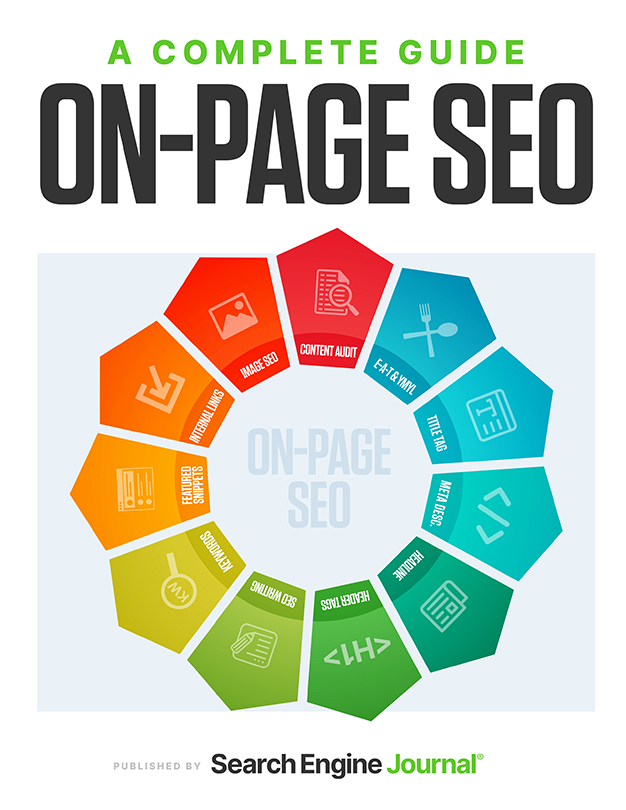
Social Media and SEO: Myths and Facts
As an SEO expert, I can confirm that the myth claiming social media has little influence on search engine optimization is entirely false.
In fact, over time, social media and SEO have become increasingly intertwined.
While Google claims they don't directly use social signals to rank pages, your presence on these platforms can still indirectly impact your search engine rankings.
- A strong following and engagement on Facebook or Twitter creates buzz around your brand leading to increased organic traffic and backlinks - both significant factors in improving SEO performance
- Being active allows you to communicate with key influencers who may link or share content from your site further boosting its visibility online
“A company's Instagram account had a high number of followers but low website visits until it started posting links regularly which led users straight onto their page resulting in higher web traffic rates than before.”
Social media plays a vital role in increasing brand awareness by creating more opportunities for people outside of one’s network circle to discover them through shares, likes, comments, etc. This ultimately impacts overall ranking positively as well!
Reality Check Understanding How Social Media Impacts SEO
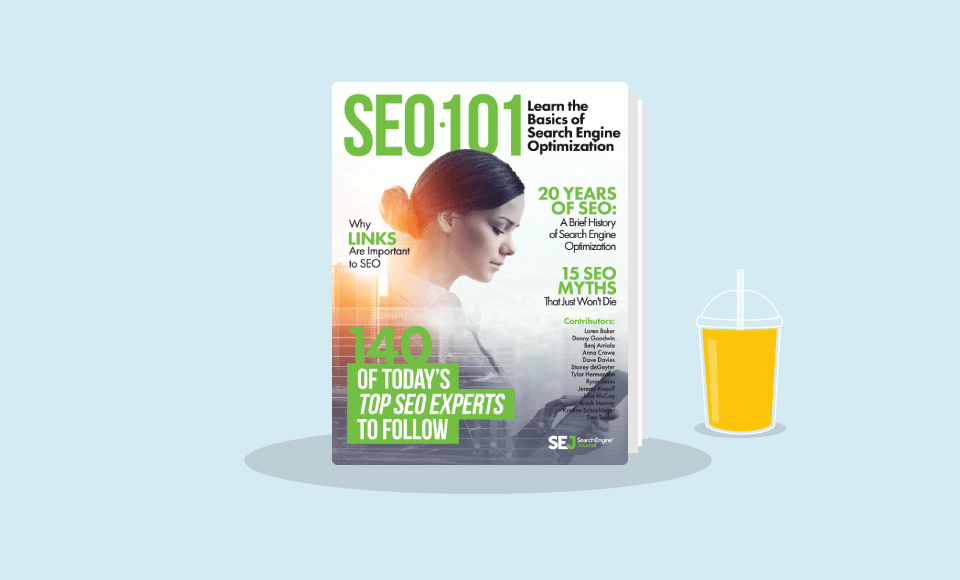
Social Media and SEO: Two Sides of the Same Coin
Social media and SEO go hand in hand.
Social media can drive traffic to your website, which can positively impact its ranking.
However, links from Facebook or Twitter don't directly translate into high search engine rankings.
Google has confirmed that likes and shares don't contribute directly to rankings.
However, they do play an indirect role in improving user engagement metrics, which ultimately affect your ranking.
Social channels also function as mini search engines where users perform searches within them instead of using traditional web-based query languages.
This means brands need to optimize their pages accordingly for faster indexing.
“Social media and SEO are two sides of the same coin.”
Building an Active Community on Social Media
To build an active community around your brand on social media platforms like Instagram or LinkedIn, you need to:
- Consistently post with relevant hashtags and engaging captions
- Respond promptly when followers comment or message you back
Building relationships is crucial, as it increases visibility among potential customers who may be interested in what you offer.
“Building relationships is crucial, as it increases visibility among potential customers who may be interested in what you offer.”
Creating Shareable Content
Creating shareable content, such as infographics or videos, specifically tailored to your target audience's interests, will help increase engagement rates.
Simultaneously, it will boost organic reach through word-of-mouth marketing tactics used by loyal fans sharing posts across various networks without any additional cost incurred!
“Creating shareable content, such as infographics or videos, specifically tailored to your target audience's interests, will help increase engagement rates.”
Myth#5: Technical Knowledge Is Not Necessary For Effective SEO Management
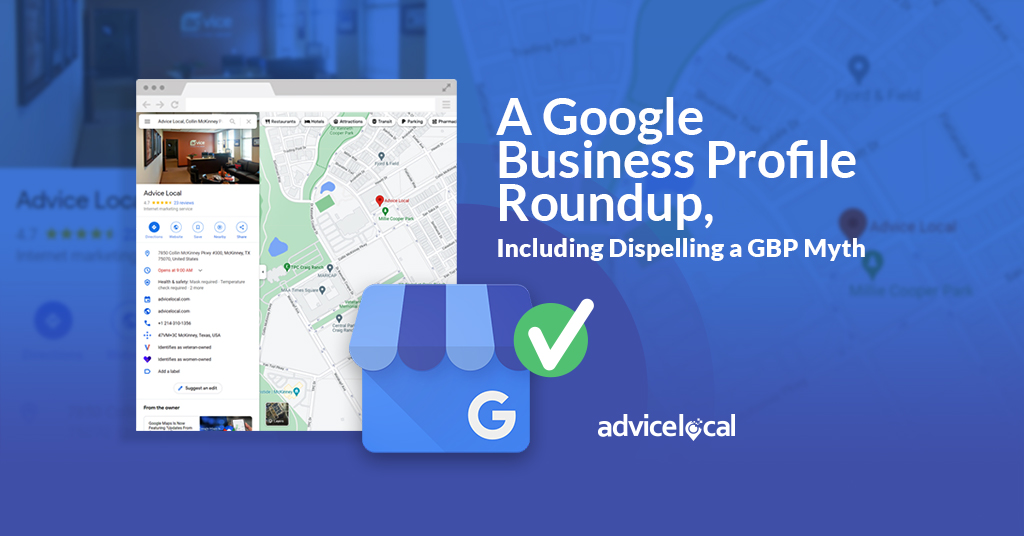
Myth #5: Technical Knowledge Is Essential for Effective SEO Management
Contrary to popular belief, managing an SEO campaign does not require deep technical knowledge.
While outsourcing specific tasks like web development or programming can be helpful, it is not enough.
Successful SEO management involves numerous backend processes such as website architecture, crawlability, JavaScript indexing, and interlinking among others.
Without proper understanding of these core concepts, including various algorithms (Penguin/Panda/RankBrain), page speed optimization requirements, etc., you cannot grasp the whole picture of how everything fits together.
Therefore, it is essential to learn at least enough about technical aspects before managing any SEO program.
Successful SEO management involves numerous backend processes such as website architecture, crawlability, JavaScript indexing, and interlinking among others.
What Technical Topics You Should Learn
Here are five tips on what technical topics you should learn:
- Basics of HTML: Identify issues with title tags and meta descriptions.
- Website Architecture: Understand how your website is structured and how it affects SEO.
- HTTP Status Codes: Learn how to identify and fix errors that affect your website's ranking.
- Structured Data Markup: Help search engines understand your content better, leading to rich snippets which improve click-through rates from SERPs.
- XML Sitemap Creation: Make it easier for search engines to crawl and index your website.
Learning basics of HTML will help in identifying issues with title tags and meta descriptions while studying structured data markup helps search engines understand your content better leading to rich snippets which improve click-through rates from SERPs.
Example where I used AtOnce's AI meta description generator to increase click-through rates on our pages:
Reality Check The Role Of Technical Expertise In Modern SEO Practices
The Importance of Technical Expertise in Modern SEO
As an SEO expert, technical expertise is crucial in modern digital marketing.
Without it, any strategy is likely to fall short.
Search engines are constantly evolving and changing their algorithms.
To optimize your website effectively, you need a deep understanding of how these algorithms work and what factors influence them.
Technical SEO covers everything from site architecture to page speed optimization to schema markup implementation - all critical components that can impact your search visibility.
Why Technical Expertise Should Never Be Overlooked
Here are some key takeaways on why mastering technical expertise in modern SEO practices should never be overlooked:
- Crawlability issues: Understanding crawlability issues prevents exclusion from indexing.
- Structured data: Structured data provides rich snippets improving click-through rates.
- Site speed optimization: Optimizing site speeds enhances both user experience and ranking performance.
Without sound technical knowledge and skills, any digital marketing strategy will not reach its full potential.
By understanding crawlability issues, you can prevent pages from being excluded from indexing.
Structured data provides rich snippets that improve click-through rates, and optimizing site speeds enhances both user experience and ranking performance.
In summary, technical expertise is critical to the success of any digital marketing strategy.
Conclusion Taking An Evidence Based Approach To Debunking Common 2024SEO Myths
Debunking 2024 SEO Myths: An Evidence-Based Approach
As a digital marketing expert, I know that separating fact from fiction is crucial for achieving success in SEO. In today's fast-paced industries, misinformation is rampant.
That's why it's essential to prioritize hiring professionals who understand how critical thinking works in the world of online search engine optimization techniques.
Misinformation will always be prevalent unless individuals equip themselves with knowledge backed up by data.
Five Points to Keep in Mind
Here are five guidelines to effectively debunk 2024 SEO myths:
- Verify your sources. Make sure the information you're using is reliable and up-to-date.
- Stay informed about the latest trends. Keep up with the latest developments in the industry to stay ahead of the curve.
- Don't rely solely on anecdotes or opinions. Base your decisions on data and evidence, not hearsay or outdated practices.
- Regularly test hypotheses. Before implementing new strategies, test them to ensure they're effective.
- Commit to ongoing learning and adaptation. Staying ahead of the curve requires a commitment to ongoing learning and adaptation.
Remember: staying ahead of the curve requires a commitment to ongoing learning and adaptation.
By following these guidelines, you can ensure that your digital marketing efforts are based on reliable information.
Don't fall for common SEO myths.
Instead, take an evidence-based approach to achieve success.
Final Takeaways
As a founder of AtOnce, I have seen many businesses struggle with SEO. It's a complex and ever-changing field that can be difficult to navigate. That's why I decided to write an SEO myths ebook to help businesses understand what they should and shouldn't be doing when it comes to SEO. One of the biggest myths I see is that SEO is all about keywords. While keywords are important, they are just one piece of the puzzle. There are many other factors that go into SEO, such as backlinks, site speed, and user experience. Another myth is that SEO is a one-time thing. In reality, SEO is an ongoing process that requires constant attention and optimization. You can't just optimize your site once and expect to rank well forever. At AtOnce, we use AI to help businesses with their SEO and customer service needs. Our AI writing tool can help businesses create high-quality content that is optimized for SEO. Our AI customer service tool can help businesses provide fast and efficient customer service to their customers. By using AtOnce, businesses can save time and resources while improving their SEO and customer service. Our AI tools are designed to be easy to use and can help businesses of all sizes improve their online presence. If you're interested in learning more about SEO myths and how to improve your SEO, be sure to check out our SEO myths ebook. It's a great resource for businesses that want to improve their online presence and attract more customers.- Do you spend hours researching keywords and trying to optimize your content for SEO?
- Do you struggle to create ads that convert and attract new customers?
- AtOnce can generate high-quality, SEO-friendly content for your blog, website, or social media accounts.
- AtOnce can create killer ad copy that converts clicks into sales.
- AtOnce can write engaging product descriptions that entice customers to make a purchase.
- AtOnce can craft emails that catch your reader's attention and drive them to take action.
- We use machine learning algorithms to improve over time and generate better results for you.
- We offer a user-friendly interface that lets you customize the tone, style, and length of your copy.
- We have a team of experienced copywriters who oversee our AI model and ensure top-quality results.
Is keyword density still an important factor in SEO?
No, keyword density is no longer an important factor in SEO. Search engines now focus more on the overall relevance and quality of the content.
Do social media signals directly impact SEO rankings?
No, social media signals do not directly impact SEO rankings. However, social media can indirectly help with SEO by driving traffic to your website and increasing brand awareness.
Is link building still necessary for SEO?
Yes, link building is still an important factor in SEO. However, it's important to focus on quality over quantity and avoid any black hat tactics that could result in penalties from search engines.
